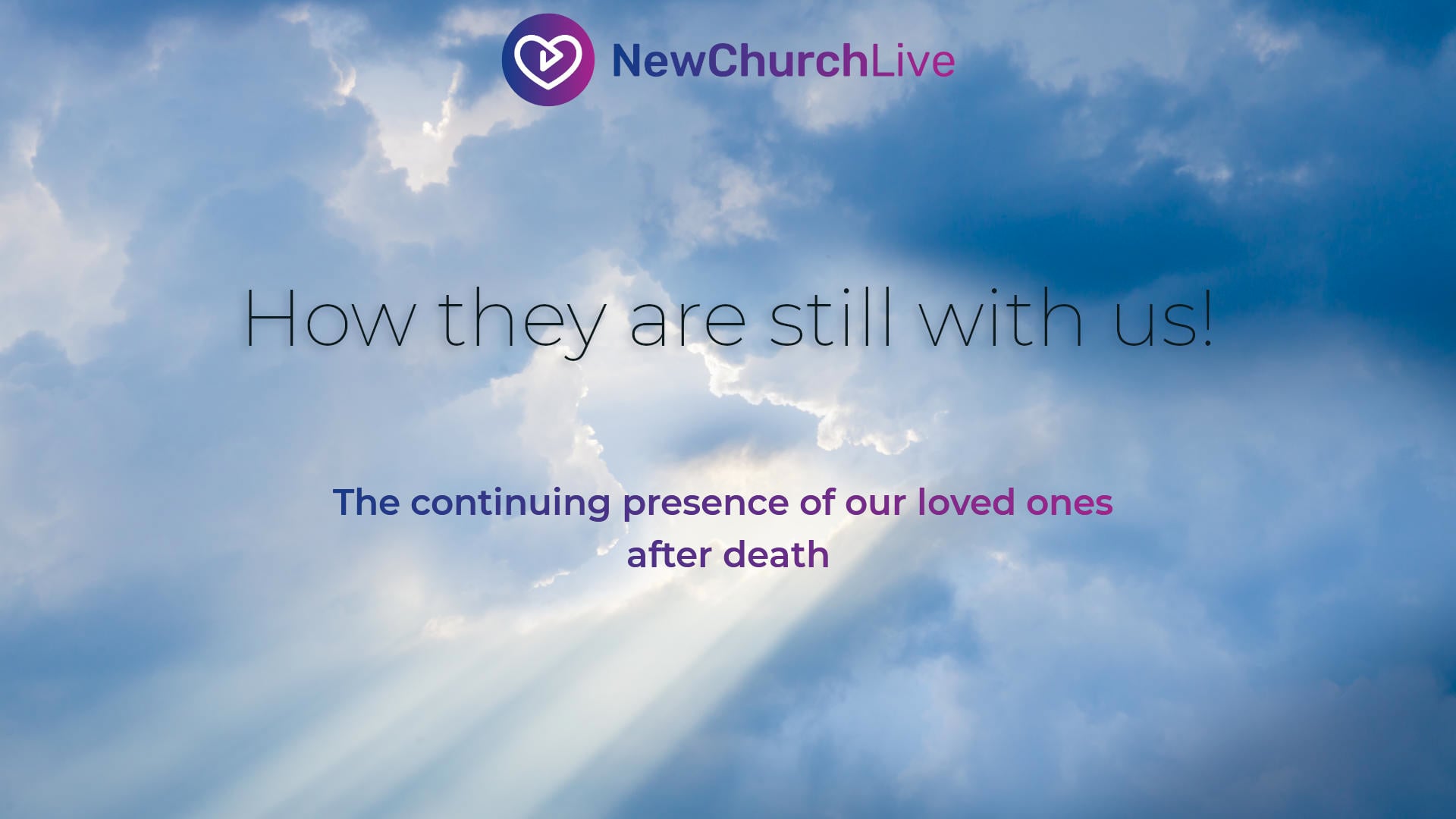With Valentine’s Day in the rearview mirror, it’s important to not let the main concept of the holiday, love, disappear as well. While many people relish in a day focused on romantic love, enjoying the rush of feel good “love” chemicals, others are finding ways to connect to feelings of love well beyond one day a year. And, perhaps one of the best things to come out of modern Valentine’s celebrations are all the variations like Galentine’s and Palentine’s, that celebrate different types of love. It’s all very Swedenborgian, really.
While Emanuel Swedenborg was not the creator of Galentine’s Day, he was a proponent of honoring and elevating the kinds of love that help our connections and selves grow, including a love of usefulness. The challenge then becomes enjoying Valentine’s Day and, throughout the year, focusing on these other kinds of love in ways that encourage our spiritual growth.
Quick Links:
Table of Contents
Swedenborgian Concept: Love of Self
Swedenborg breaks down love into the two categories: heavenly love and worldly love. Love of self falls under the category of worldly love, which encompasses all forms of love directed towards self or material possessions rather than towards others or towards God.
When we think of love of self, we often think of the negative manifestations of that such as self-centeredness, egotism, narcissism, and a prioritization of one’s own desires and interests above all else. This type of love opposes the spiritual growth and harmony God wants us to seek with others because it leads us away from genuine connections and from our divine purpose.
This is at the crux of understanding self-love. While loving oneself isn’t inherently wrong, we all embody all the types of love, it should not be to the exclusion or harm of others. The trouble with self-love is it is hard to reign in. It is hard to balance our commitments, responsibilities, and purpose in life with love of self.
Swedenborg’s teachings on the love of self offer valuable insights for people seeking to deepen their spiritual understanding and build more meaningful relationships with others and with God. By recognizing the dangers of excessive self-love, we can work toward a more selfless and compassionate attitude; we can start our journey towards spiritual growth and fulfill our life’s purpose.
For this reason, especially in Swedenborgian churches, we focus on service, commitment, community, and of course love, but love of God, others, and usefulness. Through self-examination, prayer, and living according to spiritual principles, individuals can gradually overcome the love of self and align themselves with higher, more transcendent forms of love that lead to both fulfillment and inner peace.
Swedenborg’s Theory of Love of God and Heaven
To counter self-love, Swedenborg emphasizes the importance of transcending the love of self and cultivating heavenly love, which is marked by selflessness, compassion, and a genuine concern for others. In fact, rather than rooted in self, heavenly love is deeply rooted in a spiritual connection with God and a recognition of the interconnectedness of all creation.
Swedenborg’s teachings on the concept of heavenly love, which he describes as the purest form of love, focus on transcending earthly desires and material attachments. Instead, this love comes from God (God is love) and flows into the hearts of individuals who are ready, willing and able to open themselves to its influence. Like God’s love, heavenly love is selfless, boundless, and unconditional, prioritizing the well-being and happiness of others above all else. It is transformative, elevating one’s soul, in both this world and the afterlife.
Because God’s love is infinite, it encompasses every aspect of creation, sustaining and guiding us with divine wisdom and compassion. We are invited to participate in this divine love through our own process of spiritual awakening and alignment with God’s will. As we build a deeper relationship with the divine, we often experience a profound sense of peace, joy, and purpose, realizing our connection to the source of all love and life, and appreciating the interconnectedness of our life with those around us.
Through prayer, meditation, study, and service to others, we can deepen our understanding of heavenly love and strengthen our bond with God. By embodying, and acting on, compassion, kindness, and generosity, we can manifest divine love in our interactions with one another, contributing to the realization of God’s desire for all of us to experience love.
Swedenborg’s theory of heavenly love and love of God offers us a path to transform our lives through spiritual fulfillment, inviting us to begin and experience a journey of self-discovery, growth, and divine communion. In this way, it inspires us to live with intention, integrity, and empathy, embracing love as the highest calling and ultimate purpose of life.
Swedenborgian Concept: Love of Others
It is likely, if you’ve read this far, that you’ve noticed a common thread throughout the discussion and that’s the concept of how we connect with others. Generosity. Compassion. Love. Connection. Service. Commitment. These are all core concepts of Swedenborg’s theory on love of others.
In fact, the concept of love of others lies at the heart of Swedenborg’s spiritual philosophy, drawing attention to the interconnectedness of all life and the importance of altruism and compassion.
For example, Swedenborg often emphasizes the concepts of charity and service, defined as a genuine desire to benefit others without expecting anything in return. This form of love transcends mere goodwill or philanthropy; it is an active, selfless love where another person’s well-being and happiness is an end in itself. Swedenborg believed true charity comes from a sincere connection to the divine, an ability to tap into God’s love, manifesting as a deep concern for the welfare of others.
However, for Swedenborg, the love of others also plays an important role in spiritual growth. True spiritual growth, again both in this life and the next, involves a transformation of the heart, where selfish desires are gradually replaced by a genuine love for one’s fellow beings. We were able to see that love, in action, through Jesus. As, essentially, love personified, he embodied love of others and turned that love into action.
The process of growth that precedes this kind of love is not only about external moral pressures but also requires a powerful inner change, resulting in our ability to truly embody the principles of kindness, empathy, and self-sacrifice.
Furthermore, Swedenborg’s theory of the love of others extends beyond human relationships to encompass all forms of sentient life. He believed that love and compassion should be extended not only to fellow human beings but also to animals, nature, and the entire created universe. In Swedenborgian thought, recognizing the divine presence in all things fosters a sense of interconnectedness and reverence for the sanctity of life in all its forms.
And, with that understanding of how we are all connected, we can work to build a world, founded on the concept of God is love, fostering harmony, compassion, and spiritual growth both within ourselves and in the world around us.
Bringing It All Together: Love of Usefulness
It’s hopefully clear, at this point, that interconnectedness is one of the primary focuses of Swedenborg’s teachings on love. However, the manifestation of that connection is in our love for usefulness.
For Swedenborg, the concept of the love of usefulness holds a central place. If love is the fundamental driving force behind all human actions, then the highest form of love is the love of usefulness. In other words, love of usefulness is love in action; it is the love of serving others, the love of good, which is essential for spiritual growth and fulfillment.
However, the love of usefulness is not merely about performing acts of charity or kindness. It’s also about aligning our lives with the greater purpose of serving the common good. Swedenborg teaches that each of us possesses unique talents and abilities that can benefit others and contribute to the harmony of the whole. In this way, the love of usefulness extends beyond personal gratification and encompasses a broader concern for the society as a whole.
We often emphasize the importance of cultivating the love of usefulness in our daily lives. This means not only acts of charity and service but also a mindset of empathy, compassion, and altruism when considering others. We should, ultimately, seek to make meaningful contributions to our families, neighbors, communities, and the world at large.
Other than love of self, Swedenborg’s theories on love are, essentially, an invitation to rise above self-interest and ego-driven motivations in favor of a deeper commitment to serving others and fulfilling our higher purpose.
If we can align our actions with the principles of love and usefulness, we can experience profound spiritual growth and contribute a more harmonious and interconnected world that, ultimately, benefits us all.
It is, without a doubt, worth mentioning that in discussing, exploring, and learning about these concepts, means being compassionate with oneself and others, and understanding this is a journey. This is not just a destination. We don’t get to a place and believe we have arrived at love and acceptance, our work complete. We are continually evolving and learning to love in all the ways that make us and our worlds better.
In the spirit of that journey, it is our goal at NewChurch Live to meet our community wherever they may be in their journey. We also look to make ourselves and our community useful, by meeting you where you are, when you need it. From online services to daily reminders to focus and embrace calm to SMS messaging that keeps you up to date, we’d like to connect with you.





















